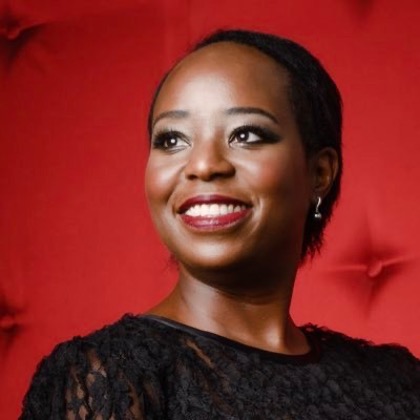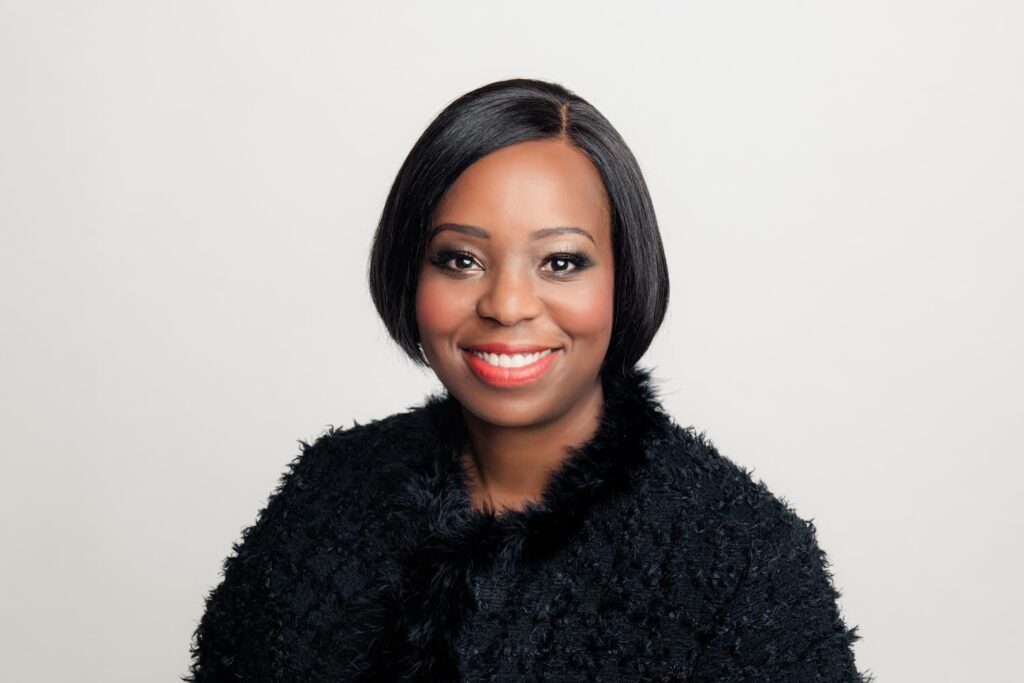Muloongo Muchelemba is a Zambian-born, UK-based entrepreneur and the founder of ONGOLO, a Pan-African advisory firm and media platform committed to redefining the African narrative.
A Rhodes Scholar and University of Oxford graduate, Muloongo’s built a career in oil and gas, management consulting, corporate banking, and philanthropy, working across international markets.
Her experiences living and working in countries such as Japan, Singapore, UAE, South Africa, Mozambique, Belgium and Italy have shaped her belief in Africa as a vital player on the global stage and the importance of Africans telling their own stories. Through ONGOLO, Muloongo champions storytelling to challenge stereotypes, inspire change, and highlight the continent’s diversity and growth.
Hi Muloongo. Can you share the story behind your business?
I launched ONGOLO in 2020. I was living in Singapore during the pandemic and seized the opportunity to pursue my passion of storytelling when the world became a little quieter. I’ve long been frustrated by the mainstream media’s reporting of Africa, which mainly focuses on corruption, crime, disease and poverty. There’s more to the continent than that.
I also don’t like how divided we are regarding Sub-Saharan and North Africa. That’s why I coined the tagline: From Cape to Cairo, Dakar to Djibouti.
I wanted to create a media platform that makes Africans proud and inspires others to visit the continent and learn more.
You now offer advisory services. Tell us more about those?
I started receiving queries from people all over the world, from a global risk start-up in Canada, a Vietnamese cashew nuts processor looking for suppliers in Africa, to a university in Hong Kong that wanted advice on African schools to approach.
I then took a career break from my full-time job, intending to spend a year trying to build my company.
Through my company, I now offer five services:
- Advisory: consulting services for companies wanting to do business in Africa. Or philanthropies looking for worthy causes on the continent. Africa has a huge information gap, and that’s where ONGOLO can support.
- Communications: some African companies don’t know how to market themselves and have a limited digital presence. I help them elevate their brand and social media footprint.
- Connections: like most places, working on the continent is about who you know. I have a global network, and it usually takes me 2-4 phone calls to get to the right person. Recently, a contact living in Singapore was looking to import copper cathodes from a company in Zambia. They were struggling with the due diligence. I made two phone calls and, in less than 24 hours, found the answers they had spent weeks trying to uncover, saving them time and money.
- Market visits: I arrange visits for companies wanting to invest in Africa.
- Scouting: I also help clients locate commodities or specific items such as art pieces.
Why do you believe it’s important for Africans to tell their own stories, particularly in today’s global environment?
Our voices need to be heard to shape our own narrative. We don’t realise the extent to which we view Africa through the lens of others.
I had joined the chorus demanding the return of precious art to the continent, but I was shocked and disappointed to see depictions of Africans in some of the artwork.
Rather than fighting to get back some of this outdated artwork, we should support contemporary African art, which depicts Africans in a more modern and realistic way.
How do you balance showing Africa’s success stories while being honest about the challenges the continent still faces?
The narrative about Africans’ lack of leadership, innovation, and ability to solve our own problems makes it challenging for us in business and life. We’re left fighting to get a seat at the table. Yet, there are so many great examples of African conquerors, leaders, and role models.
However, we do need to take some responsibility for why this perception exists. Some of our countries still lack regular running water, electricity, and functioning roads – basics that we’re still failing to improve on. This causes many to leave home and pursue other opportunities in the diaspora.
I generally don’t hold back and am brutally honest when I write posts and reviews about African countries, governments and businesses. We’ll only improve if we tell the truth about what’s lacking.
But there are some emerging success stories. I’m excited to see positive economic and infrastructure developments in Ethiopia, Rwanda, and Kenya, as well as great entrepreneurship on the ground.
How can African entrepreneurs and businesses use storytelling to better position themselves globally?
By having a digital footprint and promoting themselves regularly. It does take effort. Hire someone to do it for you if you’re struggling. Being an entrepreneur means putting yourself out there for criticism. I sometimes get targeted by trolls online, but it means people are following me and taking note of my business and posts, so that’s a compliment.
Finally, what impact do you hope your platform will have on African storytelling, narratives and entrepreneurship?
I want to connect people and build loyalty. Share stories that will make people care about specific businesses, brands and communities. Being able to have trust is another essential currency.
Ultimately, I want to build up Africa and show the world that we, too, can compete on the global stage and be exceptional.

Thanks, Muloongo! You can find more about her media platform and advisory business, ONGOLO here.
